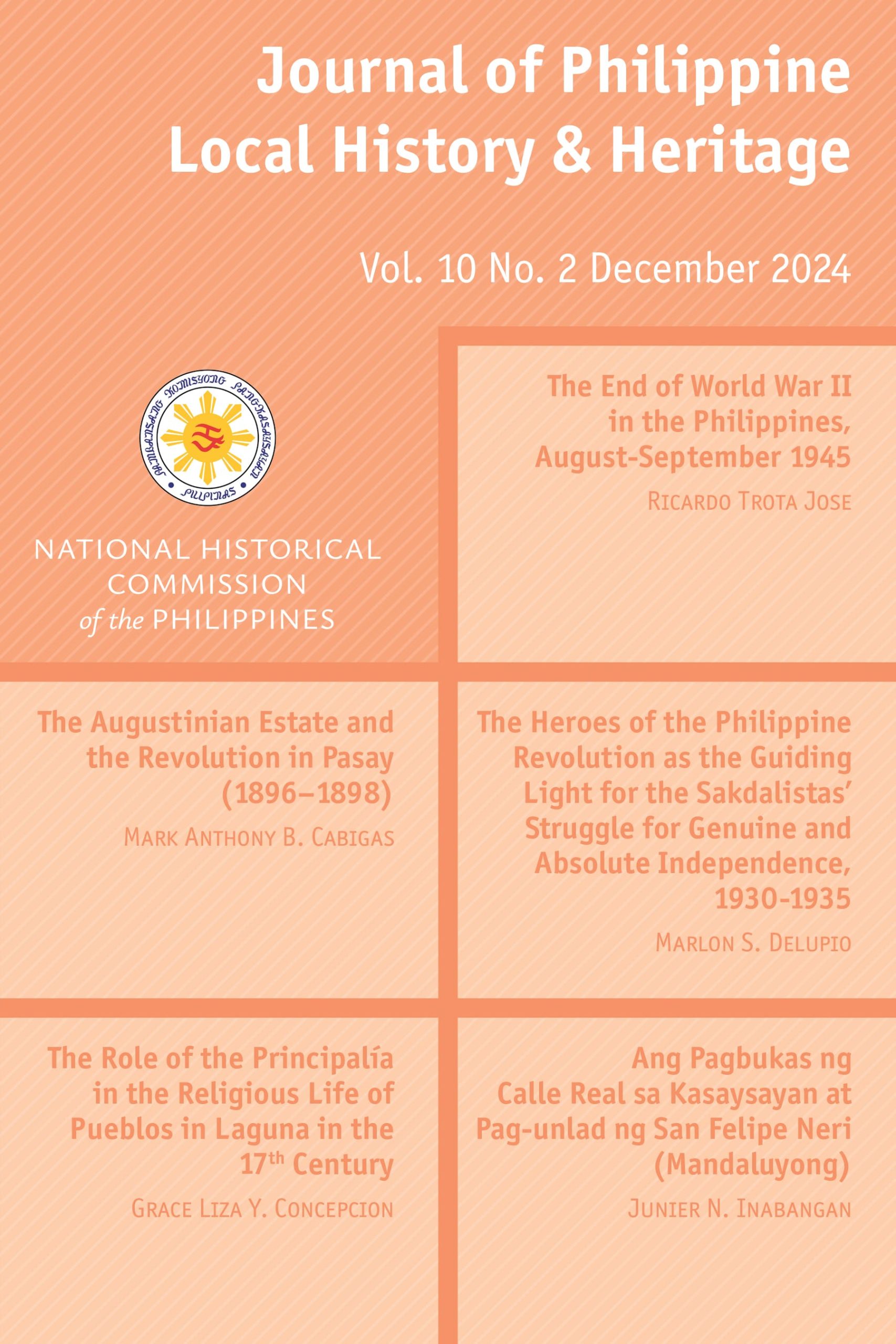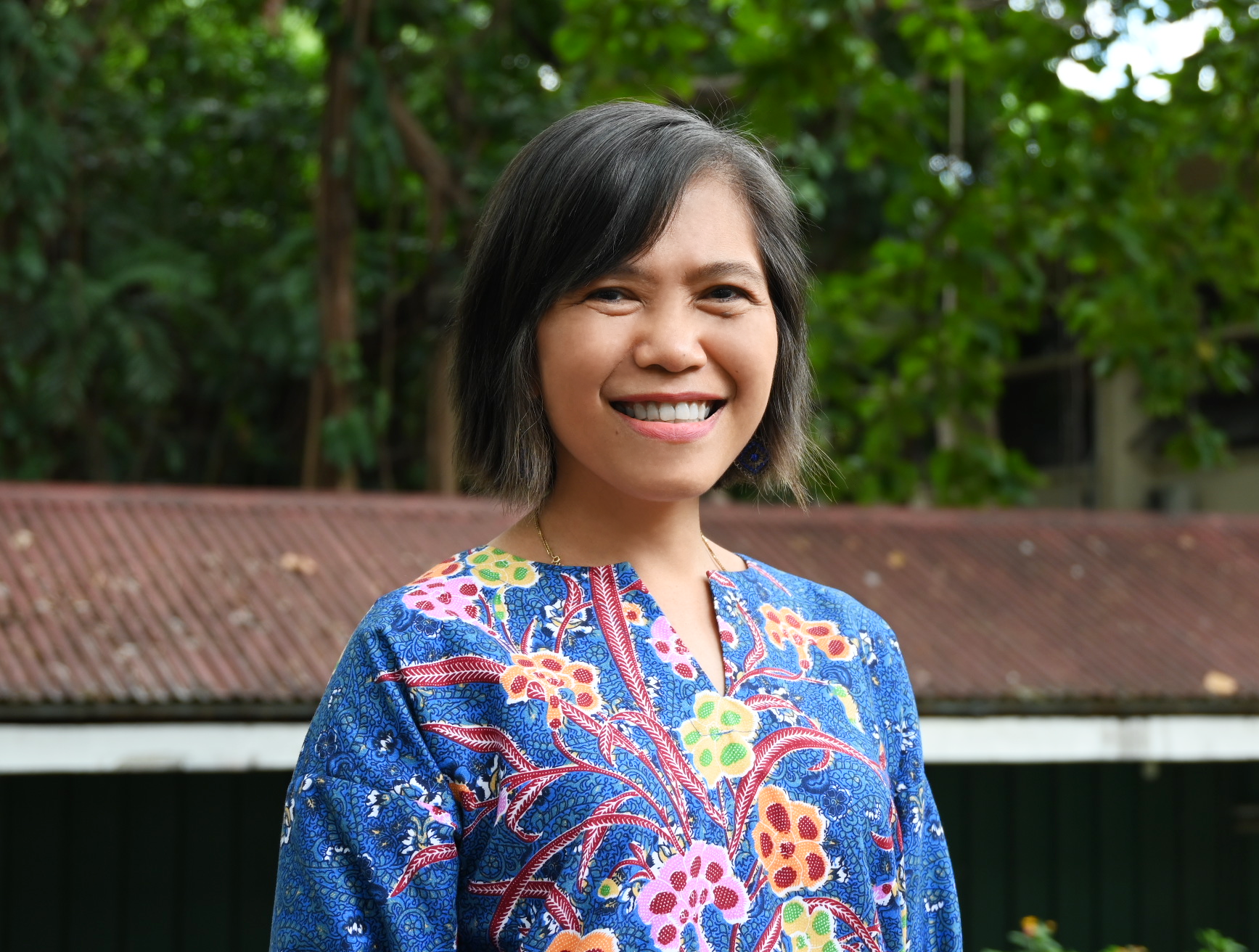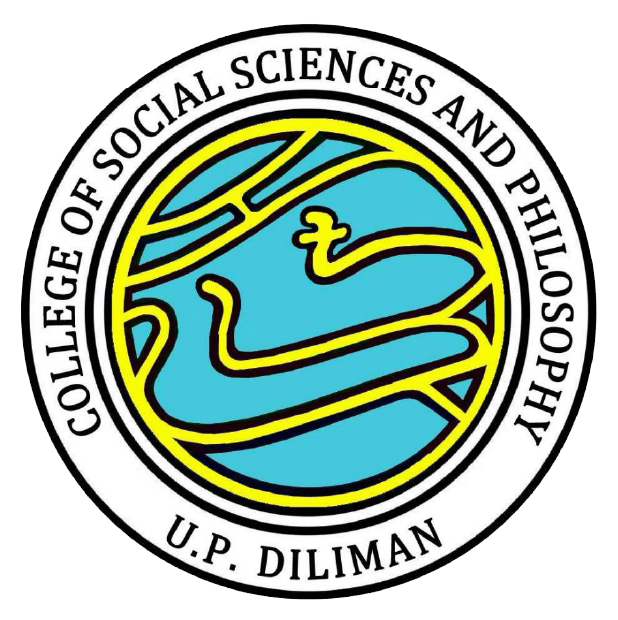
The Role of Principalia in the Religious Life of Pueblos in Laguna in the 17th Century
Journal of Philippine Local History & Heritage
The foundation of pueblos in the province of Laguna began as early as 1571 in the Spanish colonial era as soon as the Spaniards ventured into Manila and the surrounding areas. The foundation of pueblos in native settlements around the lake of Bay was inextricably linked to the work of Augustinian and Franciscan missionaries. Credit has been given to them for instituting the pueblos. However, this would not have happened without the collaboration of the native elite, the principalía of Laguna. The natives of the pueblo through the principalía were responsible for sustaining the church and the work of the missionaries. They built the churches and funded their decorations, supported the missionaries, and worked in Laguna. The principalía therefore played a significant role in the establishment of Christianity and the propagation of Christian practices in the pueblo. However, this role did not mean an indiscriminate support of all the demands of the missionaries, leaving no latitude for the principalía to negotiate that support. There were times when the principalía also challenged the missionaries and directed the course of religious life in their pueblos. This paper examines their role in this dynamic in the 17th century, the time that saw the establishment of Christianity in pueblos and the natives’ gradual assimilation of the new religion.
Faculty Involved:

Grace Liza Y. Concepcion, Ph.D.
Assistant Professor
Focus: Asian mobilities in the Philippines and Spanish empire; Land ownership, property, inheritance in the 17th-18th century


